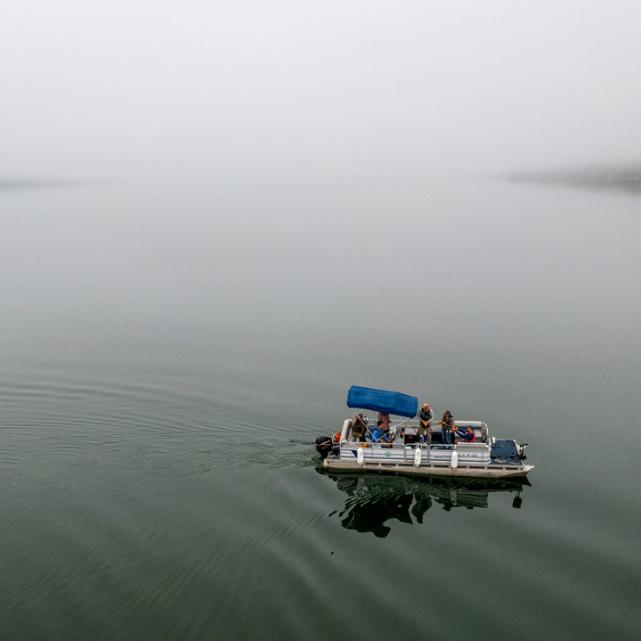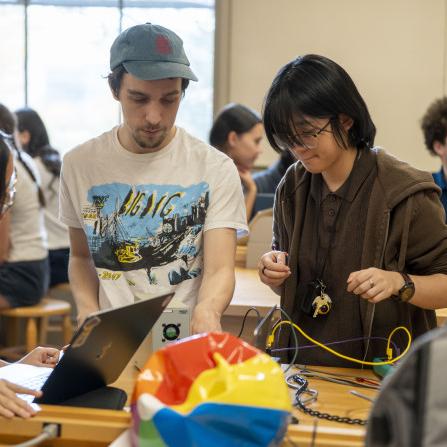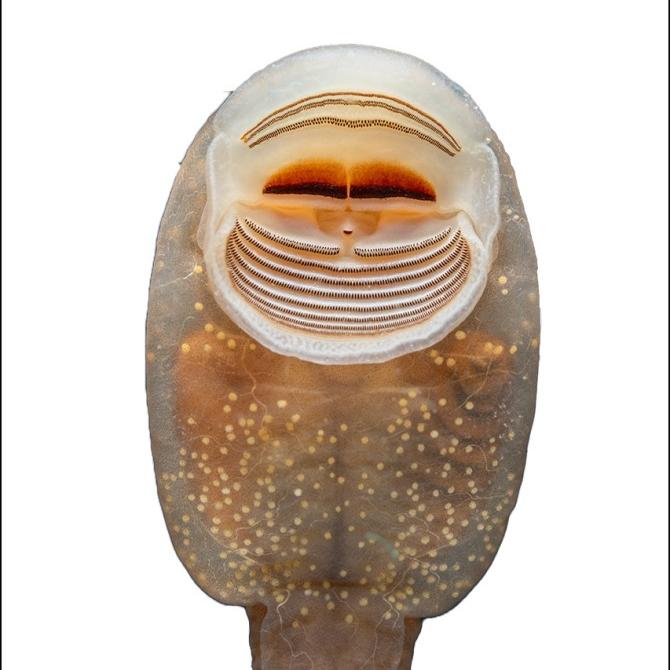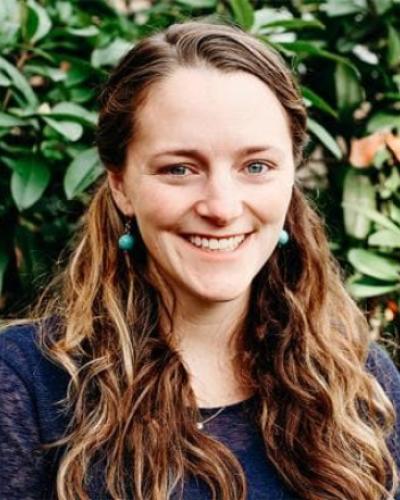Academic focus: Freshwater ecology
Research summary:
I study ponds, which I think of as underdogs in freshwater science. Ponds dot the landscape, comprising over 75% of the world’s lakes, not including the hundreds of millions of additional ponds that have yet to be mapped.
We know that ponds are hotspots for biodiversity and biogeochemical cycling, but they are rarely studied compared to lakes. Therefore, I research how pond community and ecosystems function, and how ponds compare to lakes. I ask questions about freshwater food webs, community composition (e.g., amphibians, invertebrates), and ecosystem dynamics (e.g., greenhouse gas production, ecosystem metabolism).
What do you like to do when you’re not working?
I spend much of my time with my partner and our two little kids. We like to be outside: biking, fishing and exploring Ithaca’s wonderful outdoor spaces. We’re excited to bring our kids to the Adirondacks, where I spent a lot of time backpacking in grad school. I also love reading fiction, cross-country skiing and playing tennis.
What are your current outreach/extension projects?
I am currently working to establish new outreach projects in New York state. In the meantime, I’m continuing projects from my previous positions. First, I’m working with Washington State Department of Fish and Wildlife to explore the role of non-native species on floodplain pond ecosystems, work which will inform floodplain restoration projects. Second, I work with local municipalities in Minnesota to understand their abundant, yet understudied ponds, which are often used for stormwater retention.
What are three adjectives people might use to describe you?
Curious, enthusiastic, collaborative
What brought you to Cornell CALS?
Many reasons! First, Cornell has one of the oldest and best programs in aquatic ecology, with the first Limnology course offered in 1908! That history of freshwater research and an emphasis on both basic and applied research is exciting to me. Second, I now have access to Cornell’s nearly 100 experimental ponds for my research. Third, the Department of is filled with thoughtful, collaborative and excellent researchers — I am excited to join the team. Lastly, the move brings my family back to our roots in the northeast.
What do you think is important for people to understand about your field?
Most of the world’s waterbodies are small! Ponds are everywhere — in forests, on farms and in residential neighborhoods. They provide unique habitat to invertebrates, amphibians and reptiles, which in turn feed all sorts of birds and mammals. Ponds are also important places for cycling nutrients and carbon. So the next time you pass a pond, stop and reflect on these magnificent (and sometimes smelly) wet spots!
Why did you feel inspired to pursue a career in this field?
The idea of turning my love of nature into a career happened in college and can be traced to salamanders. I had just joined a professor’s research lab, and she brought me out to her field site and picked up a gorgeous, brilliantly spotted salamander. It was cool and slippery, and longer than my hand. It looked like an artist had painted bold yellow colored dots down its back.
I was immediately captivated by it — a fascination that eventually led me to study the ecology of ponds. The more I learned led to more questions on how pond communities and ecosystems function and respond to diverse threats (e.g., land use, climate change, invasive species).
What’s the most interesting thing you’ve discovered about Ithaca so far?
That Ithaca has its own currency (the Ithaca HOUR) — does that still exist?
If you had unlimited grant funding, what major problem in your field would you want to solve?
I’d fund a global network of pond scientists for exciting collaborations. We would:
I should probably stop there…but I have lots of ideas in case anyone has unlimited funds to spare :)
This article was originally published as a CALS Spotlight.






